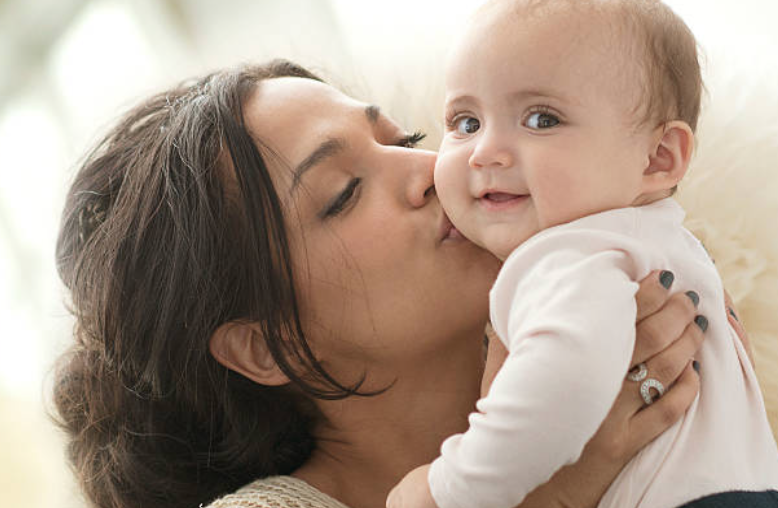Why Immunize

The joy of a new baby is full of excitement and the unknown. From day one, you make daily decisions to protect your child and one of those decisions includes vaccination. So, the question “Why immunize?” is a good one to ask.
Serious disease is still out there.
You may not see serious disease in your neighborhood, like your parents or grandparents did. Ask them to share with you stories about polio or measles. We are protected from these diseases now because of vaccines, but these diseases do still exist. If we were to stop vaccinating, the diseases would return. Making the choice to vaccinate is making the choice to protect your child from vaccine preventable diseases. Take a moment and watch the short video clip below.
Disease can be just a plane ride away.
We live in a global world where travel is part of everyday life. While we do not have polio in our country, many countries are still battling the disease and many other diseases. Vaccinating your child protects them again the disease, no matter where the exposure.
Vaccines are the proven choice.
The United States currently has the safest, most effective vaccine supply in its history. Before a vaccine is approved and given to children, it is tested extensively. Scientists and medical professionals carefully evaluate all the available information about the vaccine to determine its safety and effectiveness. As new information and science become available, vaccine recommendations are updated.
Your child may feel discomfort or tenderness where he or she got the shot, but this is minor compared to the serious complications that can result from the diseases these vaccines prevent. Nearly all children can be safely vaccinated. There are some exceptions, including children with allergies to something in a vaccine and those with weakened immune systems due to an illness or a medical treatment, such as chemotherapy.
The immunization schedule provides the best protection.
Just like your doctor tells you to finish the full antibiotic prescription (even if you are feeling better), to be fully immunized, children need all doses of the vaccines according to the recommended schedule. Not receiving the full number of doses leaves a child vulnerable to catching serious diseases. Check with your child’s doctor or health care provider is you have questions about which vaccines your child needs.
Vaccines means less sickness and fewer missed work and school days.
No parent wants to see their child sick. Save your days off for vacations and time with family. Vaccine preventable diseases can cause your child to be sick for many days or even weeks. Sometimes the medical bills that follow disease can also be devastating. The few moments it takes for your child to get that shot protects him or her and the family.
Plant the seeds of protection through vaccination.
When you vaccinate your child, you protect someone else’s child. When you vaccinate yourself, you protect your senior parents. When your family is vaccinated, you protect your neighbors. It is called Community Immunity or Herd Immunity. There are children and adults that can not receive vaccines or have immune systems that do not respond well to vaccination. When you vaccinate yourself and your family, you are protecting others as well.
Why Immunize?
From all of us here at TAPI, we hope we have provided you with sound information as to why it is important to immunize your children and your whole family. We encourage you to talk to your doctor or health care worker with any questions you may have. Together, let’s help protect our community from vaccine preventable diseases. Email us at TAPIAdmin@TAPI.org with any questions.
Interact with TAPI

Stay home if you are sick

Avoid close contact with
sick people and wear a mask

Cover your nose and mouth
when you sneeze

Wash your hands often

Clean and disinfect

Stay up to date on your vaccinations
